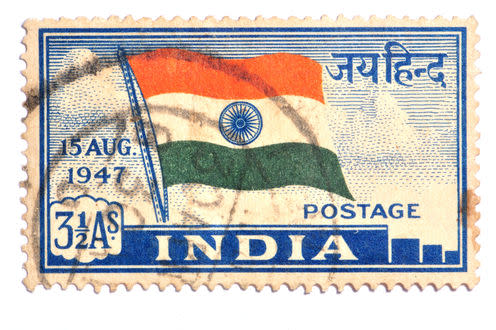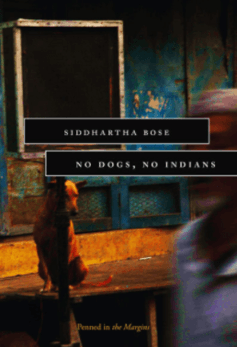No dogs, no Indians: 70 years after partition, the legacy of British colonialism endures

The 70th anniversary of the end of Britain’s Empire in India and the birth of the post-colonial states of India and Pakistan have led to a renewed interest in the portrayal of this distant and under-explored past in British arts and the media.
It does not always make for good history. In the stories told on film, radio and television – from the film Viceroy’s House, to BBC One’s My Family, Partition and Me: India 1947 and Radio 4’s Partition Voices – complexity and context are downplayed in favour of “British” stories of colonialism, anti-colonial movements and partition violence.

History is to be communicated through genealogies of the great and the good – of news correspondents, movie directors and radio presenters introducing the audience to their unknown and often unremarkable forebears. The social histories touched upon are never fully communicable because of the desire to avoid reflecting upon the wider political and cultural contexts in which these individuals lived and breathed.
An alternative view
Something of an antidote to this was offered by Siddhartha Bose, the London-dwelling, Bombay-raised Bengali poet and playwright, in an evening of readings, performance and discussion as part of the Edinburgh Book Festival’s own commemoration of the 70th anniversary of partition.
Bose is not a historian and does not pretend to be one, but the evening made for more interesting and innovative public history than that of efforts elsewhere. The event entitled No Dogs, No Indians: A Legacy that Lingers Long, after Bose’s recently published play, attempted to take the audience on a journey into the emotional worlds of urban life in colonial and post-colonial India.
We progressed from the Bombay of Bose’s youth to the Calcutta of his father through recitals of poems from his collections Kalagora (a Hindi word meaning black/white man) and Digital Monsoon, and then further back in time through a 1930s scene from the play No Dogs, No Indians, admirably acted by Komal Amin and Ashraf Ejjbair.
After a brief pause for questions, we travelled back again. We were introduced to the spectres of a pre-colonial past to be found in the cultural rituals of Komortuli, the potters’ quarter of Calcutta. We visited the same cityscape in the 1930s and the 1970s through theatrical readings from No Dogs, No Indians, witnessing the commitment and zeal of revolutionary nationalists in colonial India, and the dislocations of the post-colonial present.
The intention was to expose the layers of dialogue and representation that separate us from the protagonists we wish to uncover – that it is not a simple task to recover historical figures from the past and make them speak – and then to reflect upon the nature of colonial and post-colonial identity in South Asia.
Bose reminded us constantly that it is the fractured identities imposed under Empire in South Asia and then continually re-ascribed after Empire that he wished to explore. We are all kalegore – impossible mixtures of black and white – compelled, as Thomas Babbington Macauley (the 19th-century parliamentarian who established colonial philosophy and policy on education and law) put it, to become “Indian in blood and colour, but English in tastes, in opinion, in morals and in intellect” – and then caught in a mixture of love and self-hatred in an effort to escape it.
It is not an original idea. It harks back both to modernist literature in Bengali and the very foundation of post-colonial thought, but it was one that was well-explored and well-communicated to an audience unfamiliar with the subject.
Empire 2.0
But why is this good history? Debates on the nature of Britain’s Empire and the effects of Britain’s Empire upon the world are necessary and important in the wake of renewed Empire nostalgia in governmental policy after Brexit, and recent whitewashings of the past in film such as Christopher Nolan’s Dunkirk, where the contribution of Indians is airbrushed out.

But in having these debates on the deleterious consequences of colonial policy we can forget the profound effect on communities that lived under the diktats of Empire. The changing of slogans or the inclusion of black and brown bodies at the periphery of a camera’s lens cannot articulate the near-incommunicable pain of Empire which, as post-colonial historian Ranajit Guha once wrote, “hurts like an injury that has healed and yet has retained somehow a trace of the original pain linked to so many different things – memories, values, sentiments”.
I can only hope that the kinds of history that Bose attempted to introduce to a public audience in Edinburgh marks the beginning of greater awareness of social, cultural and emotional histories in Britain of the Imperial past and its continued present.
This article was originally published on The Conversation. Read the original article.

Gajendra Singh does not work for, consult, own shares in or receive funding from any company or organisation that would benefit from this article, and has disclosed no relevant affiliations beyond the academic appointment above.

 Yahoo News
Yahoo News 